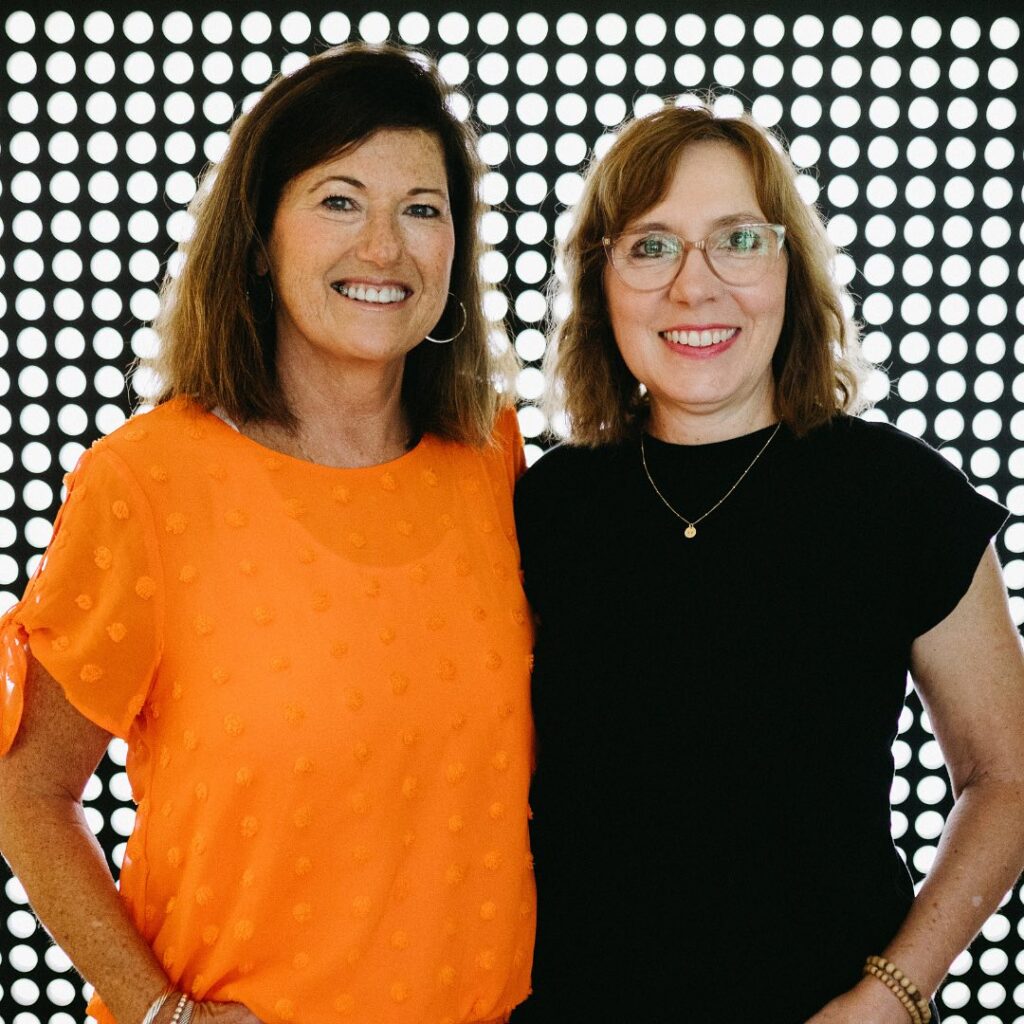Ready. Set. Grow.
This program’s mission is to equip parents and caregivers to know the power they have in building their children’s brain architecture.
Birth – 5 Play Date
Come join us every Monday at 115 North 4th Street from 9am–12pm.
Ready. Set. Grow. inspires and encourages brain building opportunities for children ages birth to five & their families.

Coordinators
Meet the Ready. Set. Grow. Coordinators, Ms. Sara & Ms. Karen! We are thrilled to have kind, caring, experienced staff leading this program. You can find our coordinators visiting local health departments, clinics, parenting classes, and at Quincy Children’s Museum facilitating Ready. Set. Grow. Let’s Play!
